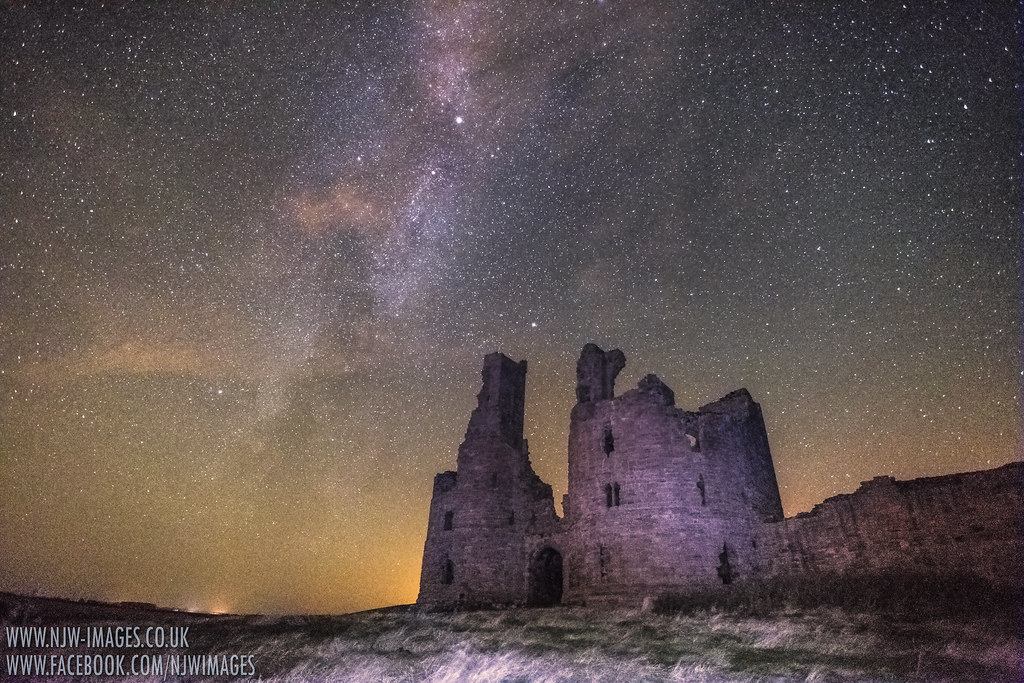No.
Yes, but there's more to it than that.
The main reason full-frame gives better image quality (ie sharpness) than APS-C, is lens performance - MTF, Modulation Transfer Function, those squiggly graphs that lens manufacturers put out. Sharpness is about a) resolution (the fineness of detail) and b) contrast (how clearly that detail is shown). And it's contrast that is the more important component as far as perceived sharpness is concerned.
A fact of physics is that when a lens is asked to deliver greater resolution, contrast reduces. It's a bit like a car that will do 0-60 in ten seconds, but takes twice as long to go from 60-120. On APS-C, the lens has to resolve 1.5x (or 1.6x) finer detail, eg 36 lines-per-mm rather than 24 lines-per-mm on a resolution chart. That means a corresponding drop in contrast, so the image appears less sharp.


